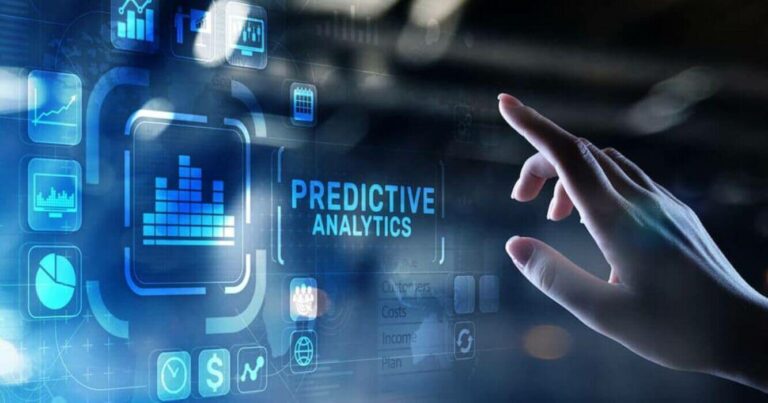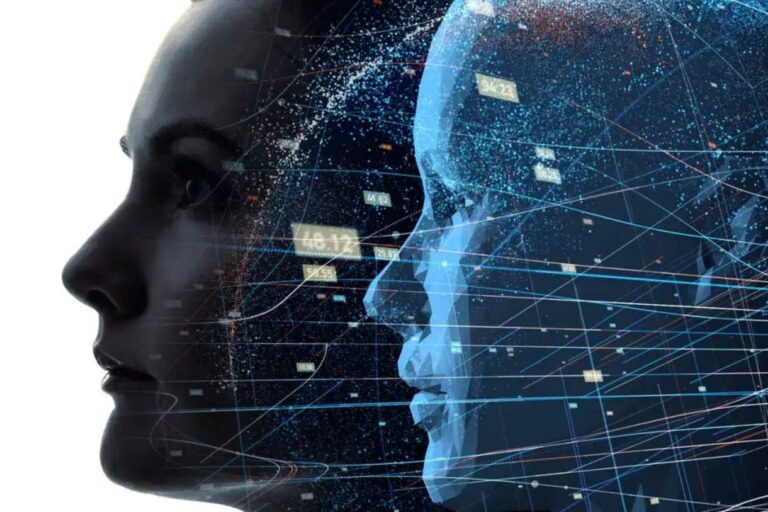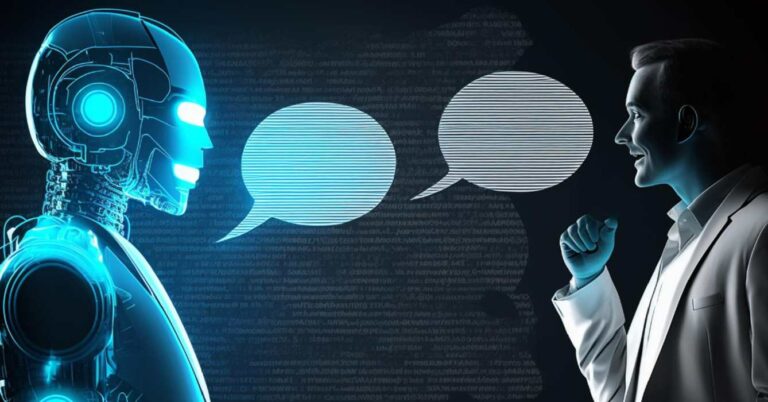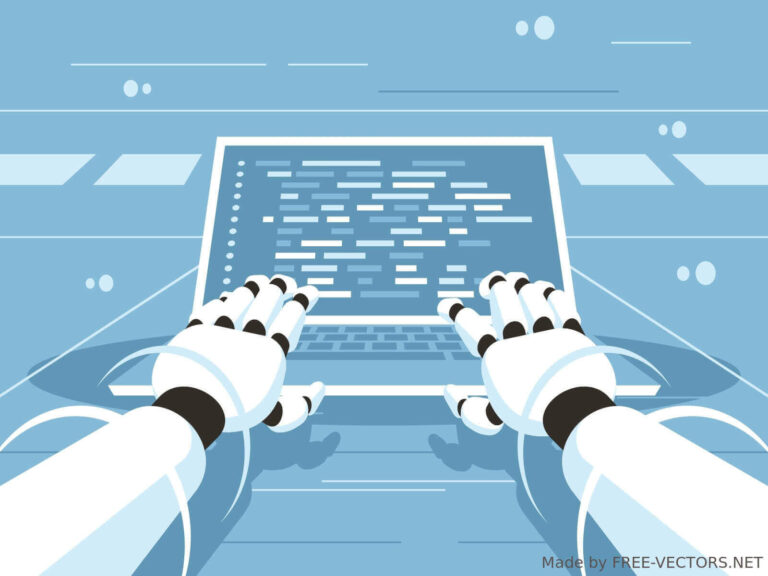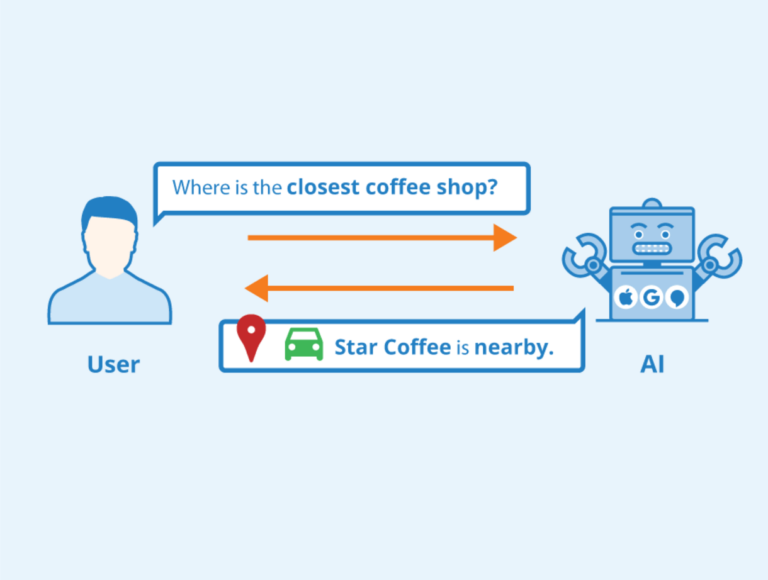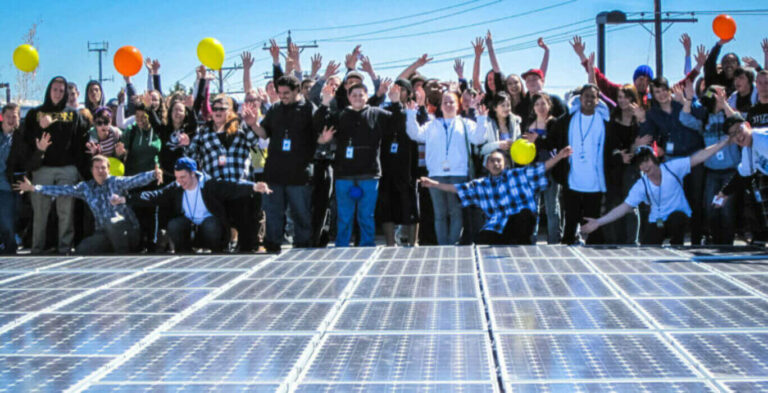Intelligent Machines: How AI Is Making Smart Devices Smarter
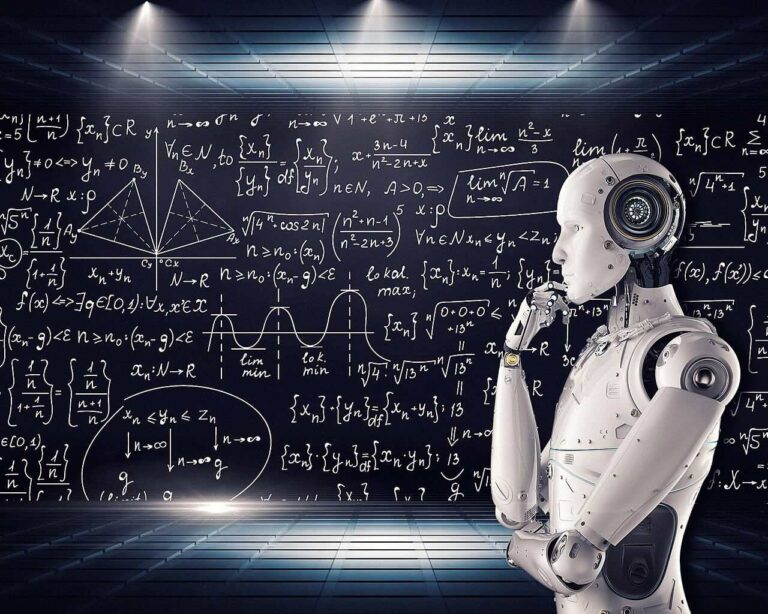
As technology evolves rapidly, the role of Artificial Intelligence (AI) in machines is becoming more prevalent.
Intelligent machines can simulate human-like behavior to solve problems or offer solutions, and this puts them a step above simply being smart – hence, they are intelligent machines. This new breed of devices harnesses the power of AI to perform beyond the capabilities of similar traditional models.
They enable their users to revolutionize a wide range of industries and change business landscapes and profits. This post looks at this ongoing evolution to help you discover potential opportunities for the future.
Smart Devices Vs Intelligent Machines
The phrases smart devices and intelligent machines sound alike but they have very different meanings. Made popular by the smartphone, a smart device is any gadget or tool that can process data, connect with other appliances or the Internet, and is often designed to make the user’s life easier or his efforts more convenient.
An intelligent device or machine, on the other hand, goes beyond simply being smart. An intelligent device learns and adapts with time, making it able to tackle more problems effectively and to work with more autonomy.
Here is a side-by-side comparison of the differences between smart devices and intelligent machines.
- Autonomy: The first major difference is autonomy. In simple terms, an intelligent machine is much more autonomous than a smart device. While both types of machines are programmed and feature AI support, smart devices typically rely on predefined programming to function. Intelligent devices, on the other hand, either rely on predetermined algorithms or make their own decisions based on the situation.
- Learning Capability: Another difference is their learning capability. Many smart devices include some form of artificial intelligence functionality, but this is mostly basic, rules-based capabilities, usually aimed at helping the user to adapt to flexible preferences. Intelligent machines, however, are designed to continuously learn from their interactions and new data to improve their accuracy, speed, performance, or decision-making capabilities.
- Adaptability: Smart devices are adaptable to user preferences, settings, and commands, but there is a limited level of adaptability based on programming and predefined parameters. An intelligent machine, however, can adapt to new situations and unforeseen circumstances by making decisions based on real-time data.
- Functionality: Most smart devices are designed for consumer comfort and enhanced user experience. They may take the extra workload from the user by making it easy to automate tasks and manage issues in real-time. Intelligent machines are often designed for more complex applications that involve higher reasoning, human intervention, and steady adaptation to new information.
- Applications & Examples: Smart device examples include smartphones, smartwatches, fitness trackers, smart speakers, smart TVs, smart thermostats, and so on. These are usually consumer applications that rely on the user’s input to function but employ AI for ease of use. For intelligent machines, you have self-driving cars, autonomous military drones, industrial robots, medical robots, etc.
Intelligent Machines Vs Automated Machines
Another important difference to point out is between intelligent machines and automated machines. You should note that while all intelligent machines are automated, not all automated machines are intelligent.
Automation here refers to the ability of a machine to repeatedly perform a process with given parameters. Any machine can be programmed to work automatically using standardized procedures, but whenever there is a change in the environment, a system error, a sub-routine malfunction, or other unexpected events, an automated machine will either continue working the way it was programmed or it will stop when an error sensor is triggered.
An intelligent machine, on the other hand, can try and overcome such an obstacle on its own. It will only raise an alarm or request human intervention if it finds it cannot handle the situation. Otherwise, intelligent machines simulate human-like cognitive features like learning, reasoning, decision-making, and adaptability to succeed.
Embedded Computing & AI
The concept of the intelligent machine finds its roots in embedded computing, which is the integration of computing technology into traditional products. By embedding computers into everyday consumer products, for instance, smartphones, smart fridges, smart TVs, and the like, you make them come to life.
As computing resources become more affordable, more and more complex artificial intelligence applications will find their way into these otherwise everyday products. The resulting evolution will lead to a new generation of intelligent machines that will make current smart devices old school.
Although most AI systems today rely on connectivity to a cloud service for parts of its functionality, the development of cheaper and more efficient hardware will equally enable the total embedding of complete AI models into a specific machine, allowing it to function fully locally in its analysis and decision-making.
Furthermore, embedded AI computing will reduce latency in information processing, improve privacy, as no information is sent over networks, and improve the overall efficiency of the machine.
Intelligent Machine Applications
Intelligent machines can be applied across most industries, depending on demand and technological advancements. Following is a short list of the major areas intelligent machines are already taking shape. Of course, they will expand with time.
- Humanoid Robots: The robotics industry is a vast field that includes everything from computer programming to mechanical body and propulsion designs. While most of the other intelligent machines on this list are practically robots, there is the classic humanoid robot such as Honda’s Asimo, Star War’s R2-D2 and C-3PO, Wall-E, and iRobot’s Sonny that humanity has dreamed of for ages.
- Humanoid robots are versatile intelligent machines that can engage in natural interactions, navigate versatile terrains, communicate intelligently, offer care and assistance to humans, security patrols, entertain, collect data, translate data, receive electronic signals, and so on. The development of an efficient and affordable humanoid robot will crown the evolution of artificial intelligence and machines.
- Transportation: Self-driving cars are another category of intelligent machines that will have a great impact on humanity. While projects like Tesla’s Autopilot are moving in this direction, the real market is much bigger. Think of self-driving taxis that pick you up and take you where you need to go, self-flying air taxis that do the same, totally automated supply chain and delivery systems that span trucks, trains, and vraious other means of cargo transport.
- Finance: AI robots are also massively employed in the world of finance, from robo-advisors in personal finance and portfolio management to fraud detection systems in banks. However, algorithmic trading is something else. This is where the robot tries to analyze market data to determine its future direction, then take a trade in that direction and wait for the right time to close the trade with a profit. As easy as this sounds, building such an autonomous machine that is profitable in the long term is not easy, as only a few companies like the highly secretive Reinassance Technologies can attest.
- Healthcare: In the healthcare field, you will find advanced systems that can aid in medical diagnosis using different approaches. You will also find future applications of AI cores to improve the precision of robotic surgery systems, as well as humanoid caregivers that range in function from keeping company to serving meals, helping in taking medications, and so many more.
- Manufacturing: From assembly to packaging, and quality control, robots have already taken up many functions in the manufacturing industry. This leads to lower production costs and either more profits for the companies, cheaper products for the masses, or both.
- Agriculture: Though the agriculture field has been mechanized for decades, AI-powered robots and autonomous drones are gradually causing disruptions that will further boost productivity for certain crop groups. From monitoring to pest control, harvesting, and even optimization of resources for precision farming, the potential applications of AI in creating intelligent farming machines are nearly limitless.
- Warfare: Modern warfare is seeing increasingly more use of unmanned combat vehicles of all types – and they are getting smarter each day. From aerial drones that find their targets using multiple navigation approaches to air defense installations that can automatically identify enemy aircraft and shoot them down without human intervention.
While war remains a horrible affair, the evolution of artificial intelligence in this field is concerning, as it combines with cheaper production methods to create ever deadlier machines with exponentially more embedded intelligence that has changed the course of warfare forever. Notable machines in this field include Turkey’s Bayrakter TB2, America’s Global Hawk, Russia’s Lancet drone, and Iran’s infamous Shahed 136.
Frequently Asked Questions
Here are some frequently asked questions regarding intelligent machines.
What are intelligent machines?
Intelligent machines are devices that learn and grow. They are designed to get better at what they do over time, and this is what sets them apart from other smart devices.
What is the difference between AI and automation?
AI refers to the creation of machines that can simulate human intellect and behavior, such as reasoning, making decisions, and understanding language. Automation, on the other hand, is solely about getting machines to perform tasks with as little human intervention as possible.
Will intelligent machines take our jobs?
It depends on the job. While more intelligent machines will take more human jobs, the sheer existence of these new machines should create more jobs for humans. But no one can foretell the future though.
Is a robot an intelligent machine?
Yes, robot ticks all the boxes of an intelligent machine.
Conclusion
In wrapping up this post about the rise of intelligent machines and how AI is making devices smarter, you can hopefully see the slow but steady technological revolution that is about to impact and reshape many industries.
As we continue to merge artificial intelligence with physical devices, the evolution and applications of these new, intelligent machines will only continue to progress and expand. So, it makes good business sense to start considering the next Blue Oceans of market opportunities that are soon bound to unfold.
